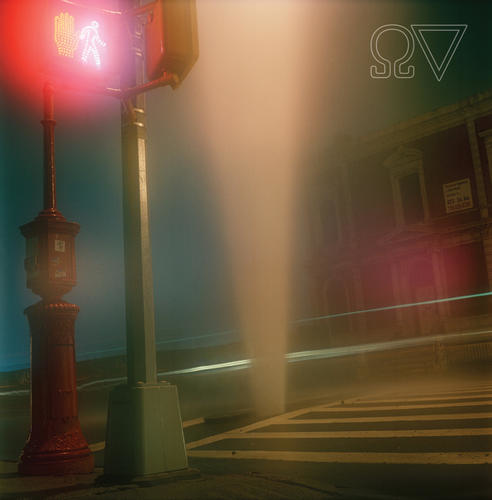 Nobody is evil, nobody is good
Nobody is evil, nobody is good
All the guilty people have misunderstood
I have a bit of a man-crush on Momus. It goes right back to 1987, just after this retrospective begins. He can’t do any wrong (even when he does lots of things wrong) and I’m probably the wrong person to do this review…
I played the first pop-trio of albums — The Poison Boyfriend, Tender Pervert and Don’t Stop The Night — almost every week during 1988-1991, at a time when I played a lot of music. They were little treasure chests and the contents burned into my consciousness at a brittle age. You open up a Momus song and you can’t really be responsible for where it takes you. I’ve even had sex to these albums more times than I should have, because it’s not exactly the Cocteau Twins and isn’t entirely conducive to —I really don’t think I’m the right person to do this review…
Every song was a gateway, sometimes to philosophy or literature (exemplified by the pitch-perfect “Bluestocking”), but mostly just to the possibilities of pop as a medium for all kinds of transgression. He has these thoughts (of babysitters, students, Gainsbourg girls) so you don’t have to. At 16, these songs felt faintly wrong but delirious; at 40 they sound very wrong and maybe even a bit uncomfortable… and it’s all made worse by him singing them all in an accent that made it seem like he was one of those public school types, the kind that are secretly sexing the masses without them even knowing; the kind that own masturbating monkey-ranches and read de Sade‘s 120 Days of Sodom like it’s a guide book to dealings with ‘less fortunate classes’, as Crass would say.
The Crass reference isn’t entirely inappropriate here: this is utterly political music, in all ways. It’s as full of ire and fire as any anarcho-punk band, even if the soft whispers and gentle lopes make it seem like Momus is gently mocking, rather than furiously driving towards a better reality. Yeah, there’s whole seams which are just about sex, as if that wasn’t political, but there’s also a sense throughout of class struggle, of grappling with the fabric(s) of society; teasing the boundaries of taste and decency, and highlighting the savage inequalities within. Perhaps that’s just me.I’m probably the wrong person to review this.
You’ll laugh when you hear these songs, and sometimes the laughter will be in the dark (yes, Nabokov is around the edges of his vision, the good and the bad), but in bleak times, with real savagery all around, Momus documents the underbelly of society far more effectively than the average Whitehouse-gulping “My Dad’s bigger than your Dad” power-electronics band. Dip a toe in, the water’s lovely.
-Loki-



